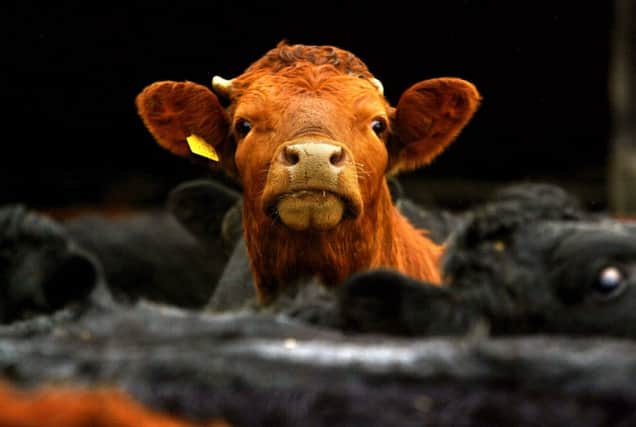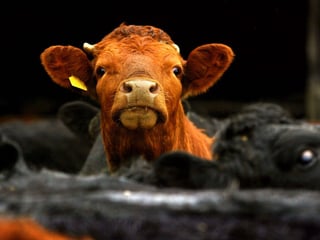BSE outbreak cast shadow on entire beef industry


There were widespread bans imposed on UK beef exports, and stringent regulations were brought in on what parts of cattle could be used for human food and for animal feed. Scotland’s last case of the disease was in 2009, but it was only last year that the country’s risk level was downgraded to “negligible”.
The first case of BSE emerged in the UK in 1986, but it was the best part of a decade before the full impact hit home.
Advertisement
Hide AdAdvertisement
Hide AdAs the disease spread, much of this was believed to be down to infected animal feed being used. It wasn’t until late 1990 that a ban was imposed on the use of offal from cattle in animal feed.
This came after the European Commission banned imports to the Continent from Britain of cattle over six months old.
It wasn’t until 1996 that it emerged the disease could be transmitted to people, who developed vCJD. Peter Hall, 20, became the first confirmed British death in August that year when a coroner ruled he contracted the illness from eating infected burgers as child.
It also emerged in 1996 that sheep could be infected with the disease, and cows could pass the condition to their calves – potentially meaning pregnant women could pass it onto their babies.
The European Union’s ban on British beef imports was eventually fully lifted, for both live cattle and beef, in 2006. The US finally lifted its ban on British beef imports in 2017, and China following suit this year.
